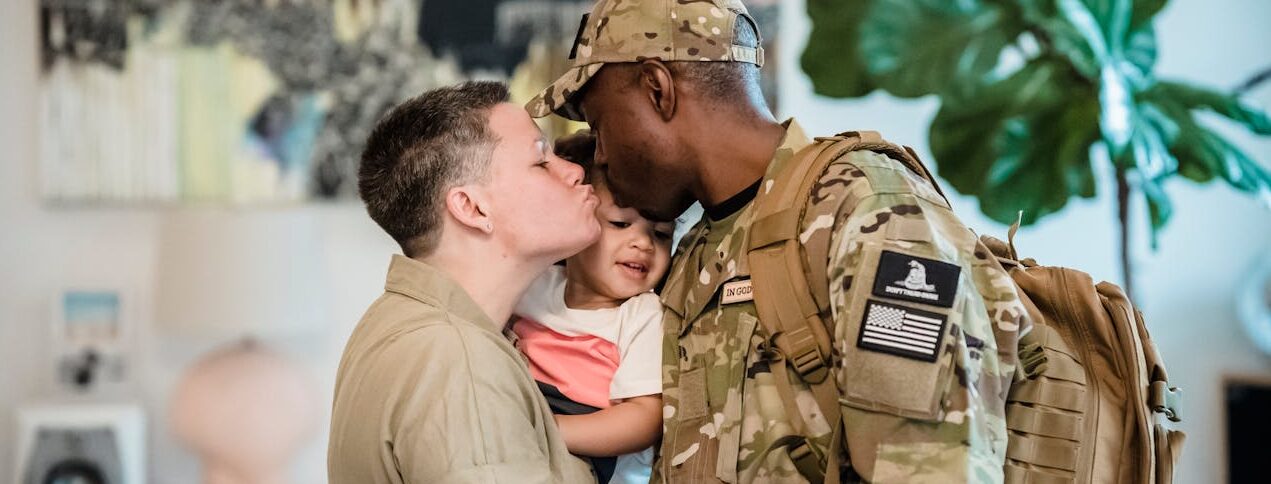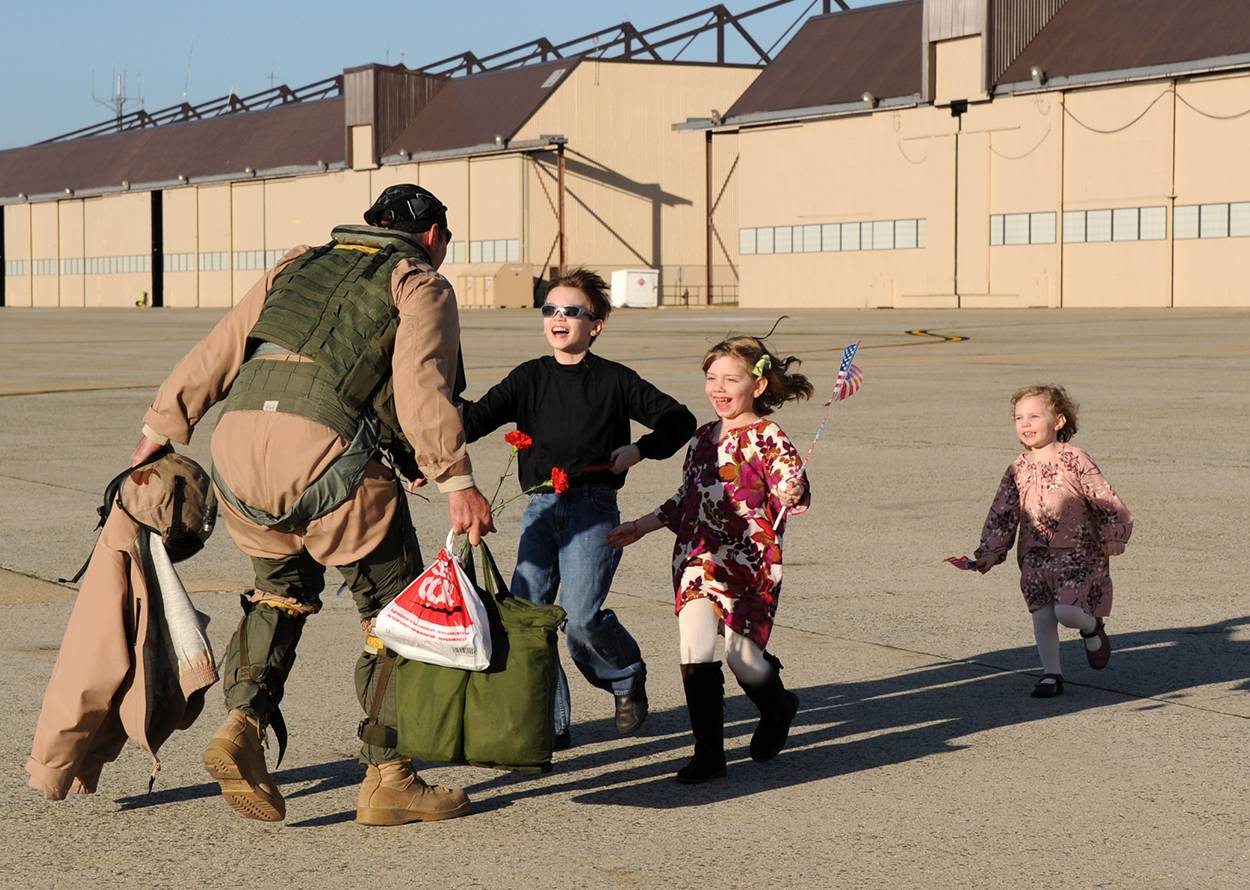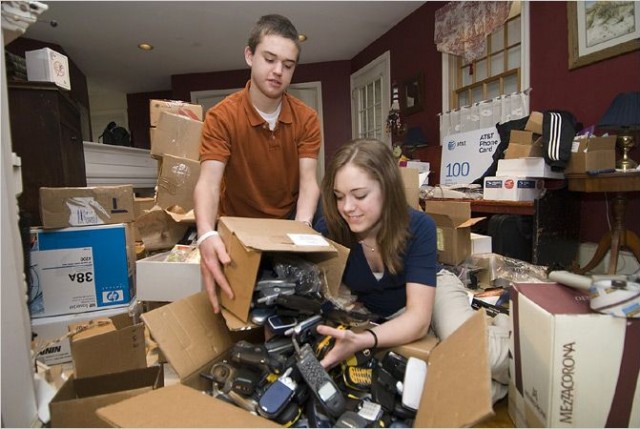During deployments, soldiers rely on communication with their families for emotional support and morale. Cell Phones for Soldiers plays a crucial role by providing donated cell phones and international calling cards, enabling soldiers to stay connected despite the distance. These resources serve as a lifeline, fostering meaningful connections between soldiers and their loved ones throughout their deployments.
The Importance of Communication in Military Life
Communication stands as a cornerstone of military life, serving as a crucial link between soldiers deployed abroad and their families back home. Beyond its practical utility, communication carries profound emotional significance, offering soldiers a lifeline to the warmth and support of loved ones amidst the rigors of service. It provides a means to share experiences, offer comfort, and express love, fostering resilience and bolstering morale in the face of adversity.
Yet, maintaining this vital connection is not without its challenges. Soldiers often contend with geographical distances that separate them from their families, navigating time zone disparities and logistical constraints that complicate communication efforts. Limited access to resources further compounds these obstacles, highlighting the importance of initiatives like CPFS in bridging the gap in how soldiers communicate with family despite the barriers imposed by deployment.
Traditional and Modern Communication Methods for Soldiers
Letters and Emails
Letter writing has long been a cherished tradition in the military, offering soldiers a tangible connection to their loved ones back home. These handwritten notes have carried immense sentimental value, serving as cherished keepsakes during extended deployments.
In recent times, emails have emerged as a modern counterpart to traditional letters, offering soldiers a more immediate means of communication. While lacking the physical touch of handwritten letters, emails provide a faster and more frequent avenue for soldiers to stay connected with their families, bridging the distance and offering comfort during challenging times.
Social Media
Social media platforms have become integral in modern communication, offering soldiers a window into the daily lives of their families and friends back home. However, accessing social media in deployed zones isn’t always feasible due to security concerns or operational protocols. Operational security (OPSEC) regulations often restrict soldiers’ online activities, dictating what they can share and how they engage on social platforms. Even when accessible, social media use is typically intermittent and monitored closely.
Despite its limitations, social media provides soldiers with a valuable albeit restricted connection to their loved ones. It offers glimpses of home life and moments shared by families, serving as a source of comfort amidst the challenges of deployment. However, it’s important to acknowledge the dual nature of social media – while it can alleviate feelings of isolation, it may also intensify emotions of homesickness or exacerbate the sense of missing out on important family events.
Phone Calls
Phone calls serve as the most immediate and personal means for how soldiers communicate with family, enabling soldiers and their families to connect in real time. These conversations play a vital role in boosting soldiers’ morale and supporting the emotional well-being of their loved ones, underscoring the significance of organizations that facilitate such communication.
However, challenges such as service availability, time zone disparities, and the high costs of direct international calls, particularly from remote or conflict zones, impose limitations on the frequency and duration of these calls.
The Role of Calling Cards in Military Communication
What Is A Military Calling Card
Military calling cards are prepaid communication tools specifically designed for service members, enabling these soldiers to communicate with family by making international calls to their loved ones from anywhere in the world.
These cards offer accessibility, convenience, and security, ensuring that soldiers can stay connected with their families despite geographical distances and operational constraints. Opposed to standard international calling cards, “military international calling cards” emphasize the global nature of these communication solutions tailored for military personnel.
Cell Phones for Soldiers: Bridging the Communication Gap
Cell Phones for Soldiers is a nonprofit organization dedicated to connecting military members with their families through communication resources. Since its inception, our organization has distributed millions of calling cards to deployed soldiers, ensuring they can stay in touch with their loved ones for free.
Additionally, CPFS transforms and repurposes donated phones to provide free calling cards for military personnel, including calling cards for deployed soldiers overseas. This initiative helps bridge the communication gap between soldiers and their families, offering essential support during challenging deployments. For more details about how donated phones are transformed into valuable communication resources check our FAQs page.
Can I Request A Calling Card For A Specific Military Member Or Unit?
Yes, you can request a calling card for a specific military member or unit through Cell Phones for Soldiers. By providing a valid APO/FPO address or email address, the organization can directly mail or email cards to troops.
This streamlined process ensures that soldiers can receive essential communication resources wherever they are deployed. If you’d like to request a calling card for a specific military member or unit, you can do so here.
How to Support Cell Phones for Soldiers
There are several ways to support CPFS and help soldiers stay connected with their loved ones. The following steps outline how to donate cell phones:
- Gather Your Old Cell Phones: Collect any unused or old cell phones you have at home.
- Visit the website’s map feature: Check out the map feature to find nearby donation locations. You can find a drop-off point close to you where you can donate your phones.
- Drop Off Your Donation: Once you’ve found a donation location, drop off your old cell phones. Your donation will be refurbished or recycled to provide valuable communication resources for soldiers.
In addition to donating cell phones, you can also support CPFS by making a monetary donation or volunteering your time. Every contribution, whether big or small, helps make a meaningful impact on the lives of soldiers and their families.
By supporting this cause, you’re helping to bridge the communication gap and provide a much-needed connection for those serving our country. Together, we can make a difference and ensure that soldiers are able to communicate with family and their loved ones, no matter where they are deployed.



